Step-By-Step Guide to Agile Planning- Drafting And Executing Projects
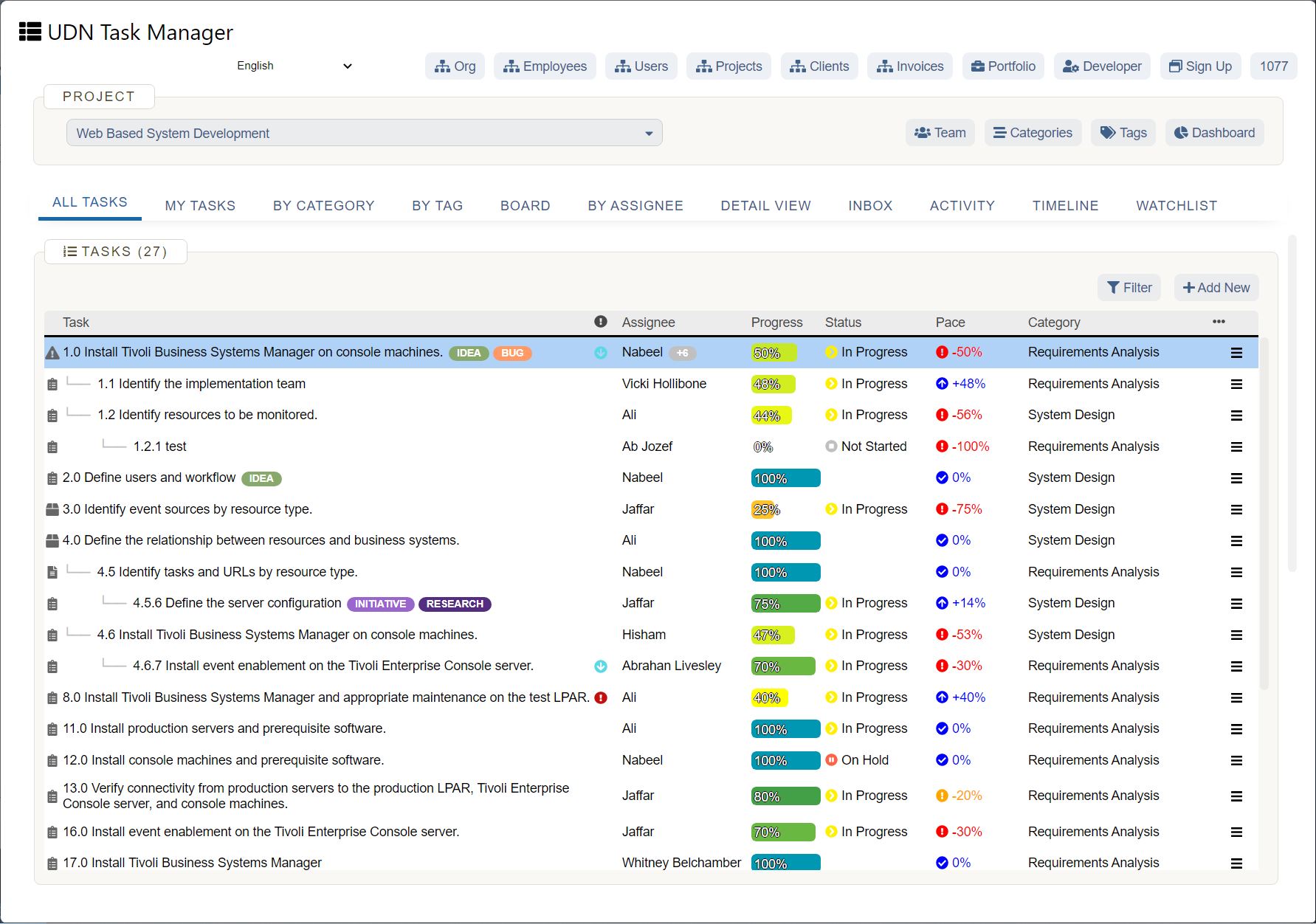
With the ever-growing competition in the market and a need for perfection, companies look for ways to improve their processes for better results. One such way of improving performance in Agile planning.
Agile panning is used by a whopping 71% of organizations to manage their projects. It has been proven that agile projects have a faster delivery rate when compared with other methodologies of project planning and management.
In this article, we will give you a detailed breakdown of agile planning, its basics, and the process of planning.
What Is Agile Planning?
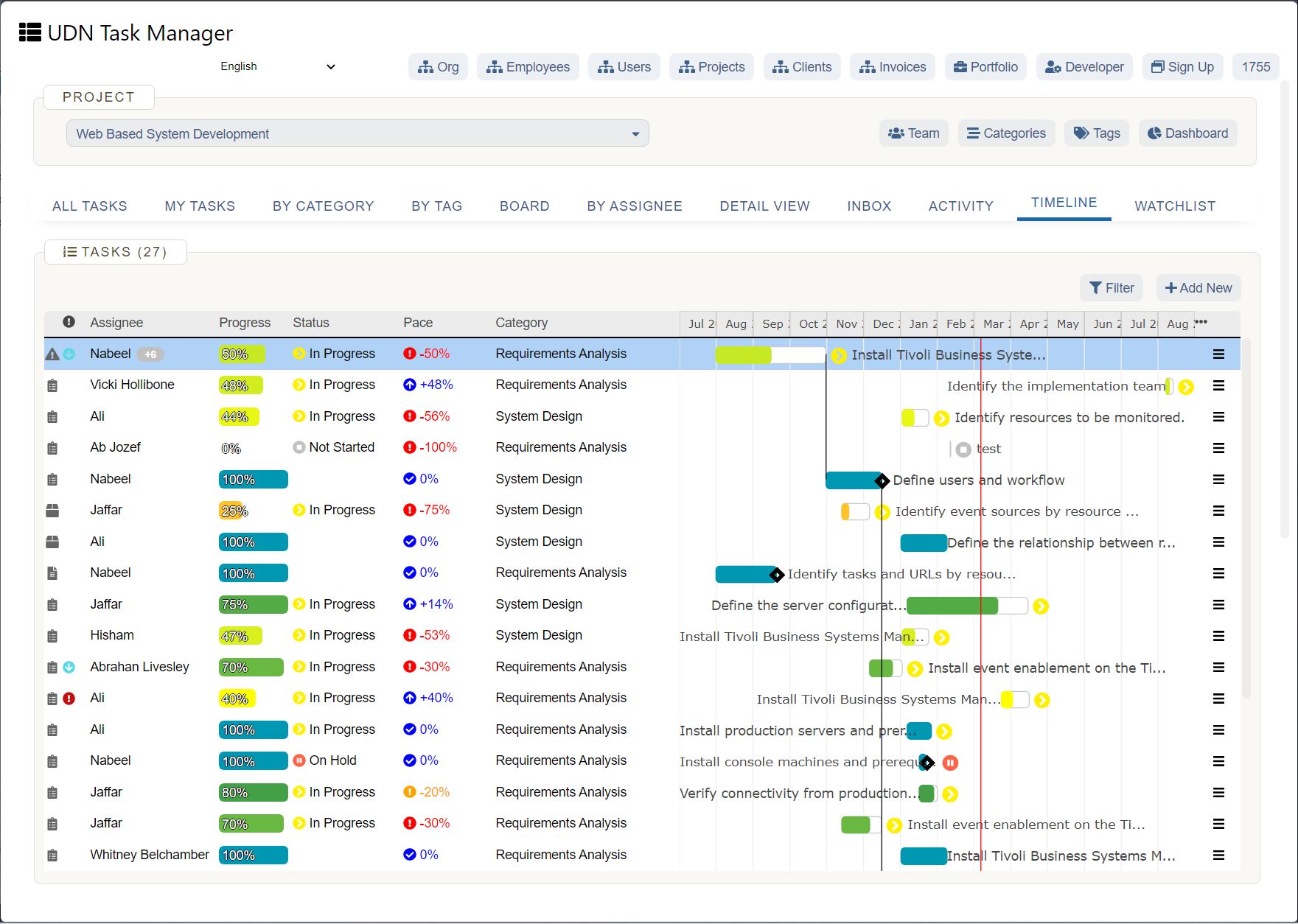
The agile project plan is an innovative way of breaking down your project into smaller chunks for quick and efficient delivery. The project planning methodology relies on iterations or sprints to estimate work.
Agile planning uses an iterative approach where sprints are repeated to increase the productivity of the team. Iterations or sprints are work units with focused aims and objectives and a definite time limit. A sprint is usually 1-3 weeks long wherein the team members focus to accomplish a planned set of tasks.
With agile planning, teams can identify the tasks to be achieved in each sprint. The iterative process makes it easy for teams to stay on track and complete their tasks in time.
Agile planning identifies the efficiency of resources and creates optimum roadmaps for the efficient completion of projects.
Let’s take a look at an example to understand the basics of the concept more clearly.
Let’s say you have to write an article of 1000 words, just like this one. You have 2 days to complete the whole article. Now, the traditional modes of project planning suggest that you complete the article in 2 days and publish it only after it is complete.
Agile project plan , however, suggests that you write 500 words on day 1 and publish those first to attract readership. You can complete and publish the rest of the article on the second day.
In such a way, your copy starts converting before you have reached the end of it.
Featured Reading:
Guide To Agile Planning
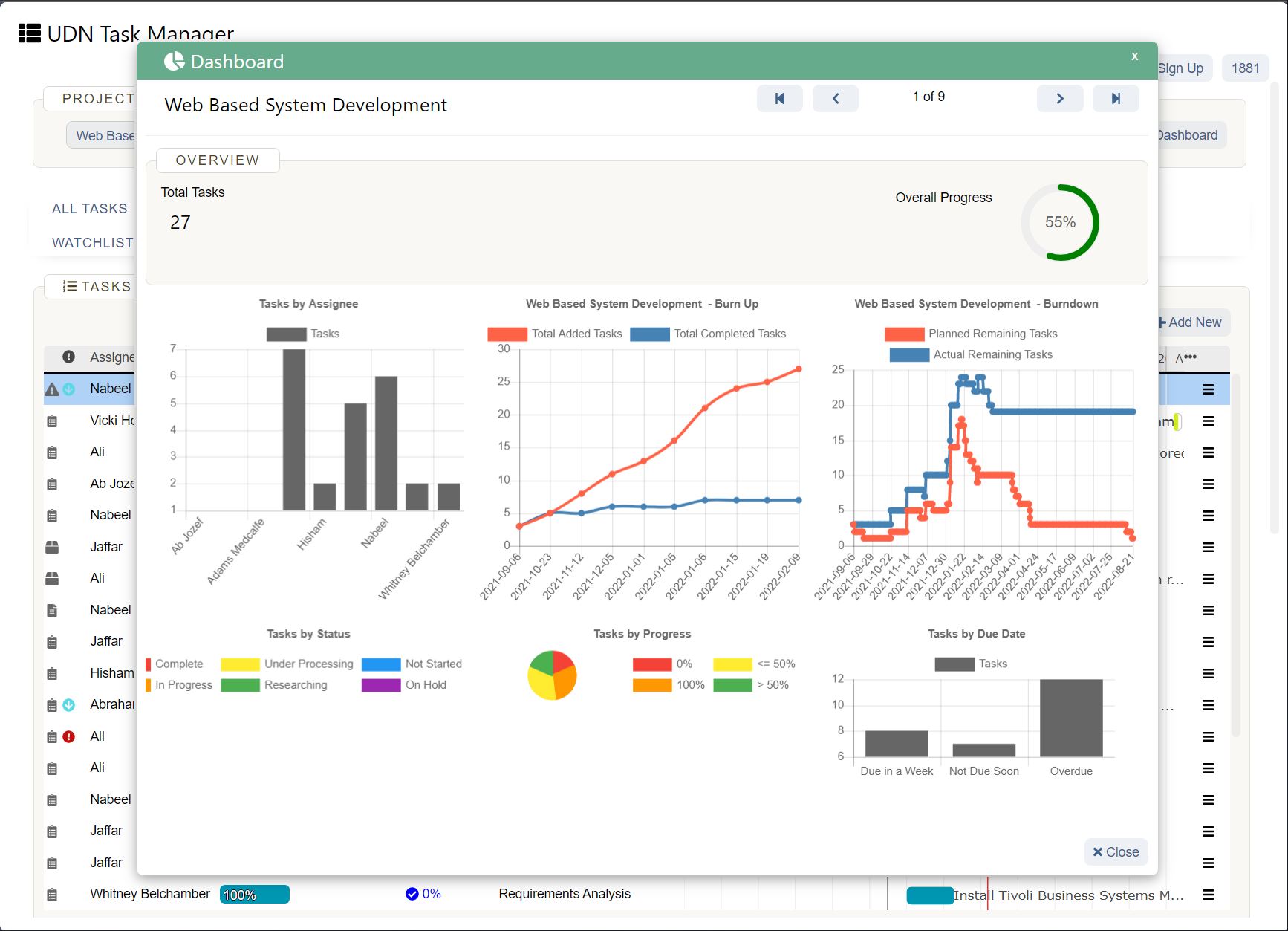
Agile planning takes place in five levels. We will discuss the levels and explain the details in the forthcoming paragraphs.
Levels of Agile Planning
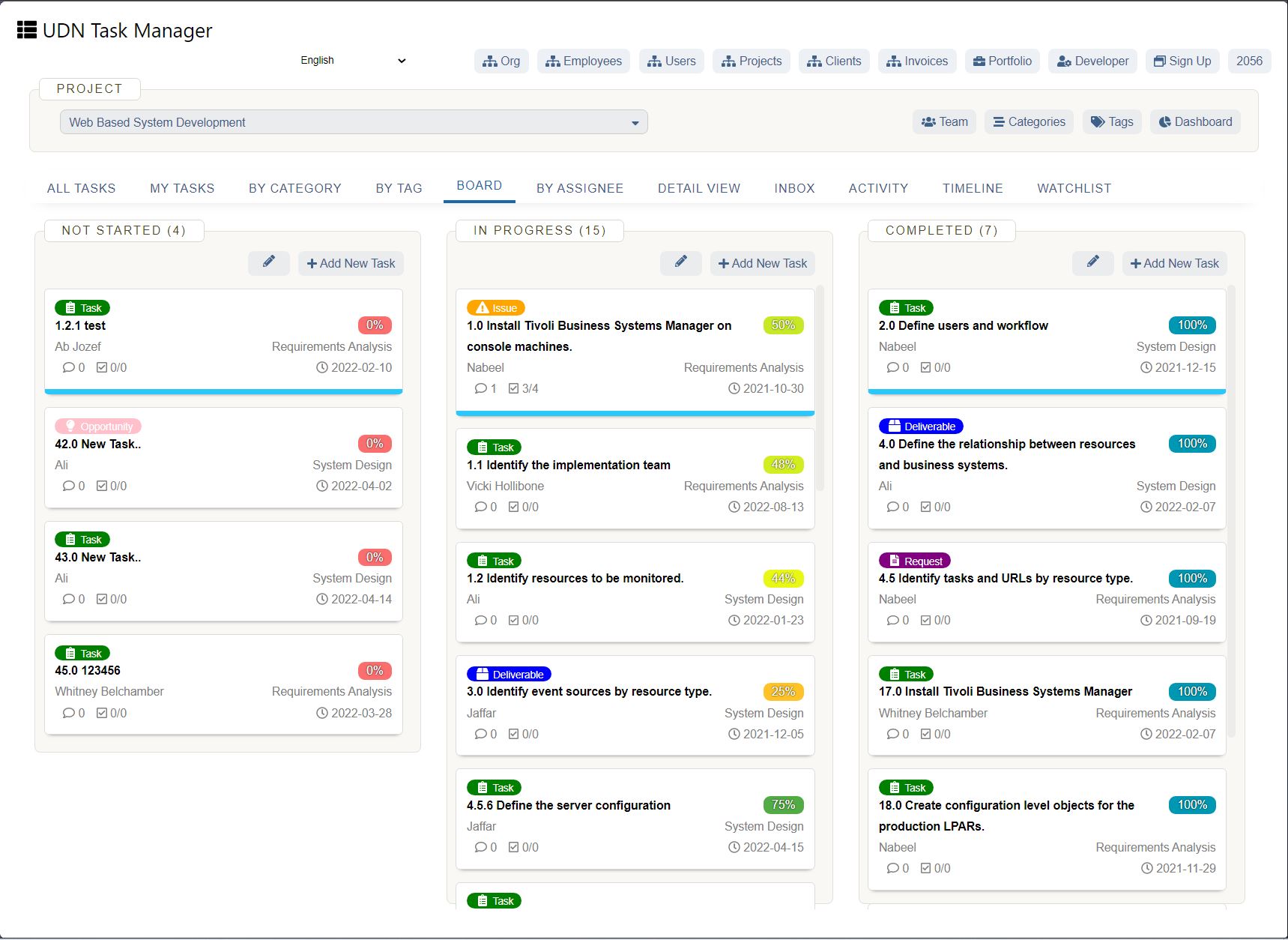
An agile development plan has several levels. These levels are:
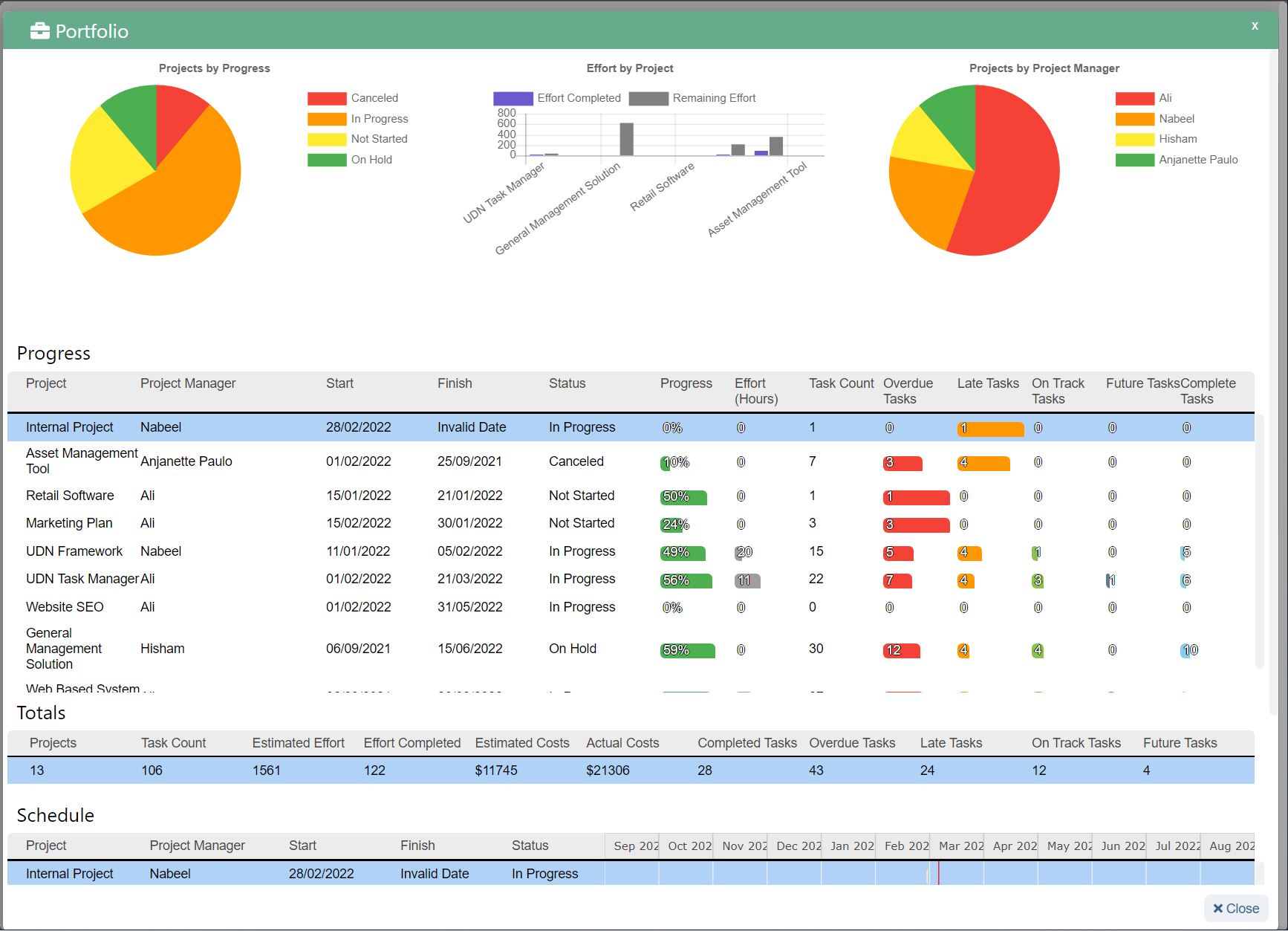
Product vision forms the first level of agile planning which is the long-term goals for a product. Teams work together to make sure that their plans align with the end goals. This helps team members stay focused to achieve a shared objective.
This level is representative of the ‘big picture’ that a product aims to achieve. the planning at this level is more generic and focuses on product information rather than the details of the product.
Teams can employ the use of Geoffrey Moore’s template ‘ The Elevator Pitch ” from Crossing The Chasm. The template is a simple and easy way of narrowing down your vision. The template goes like this…
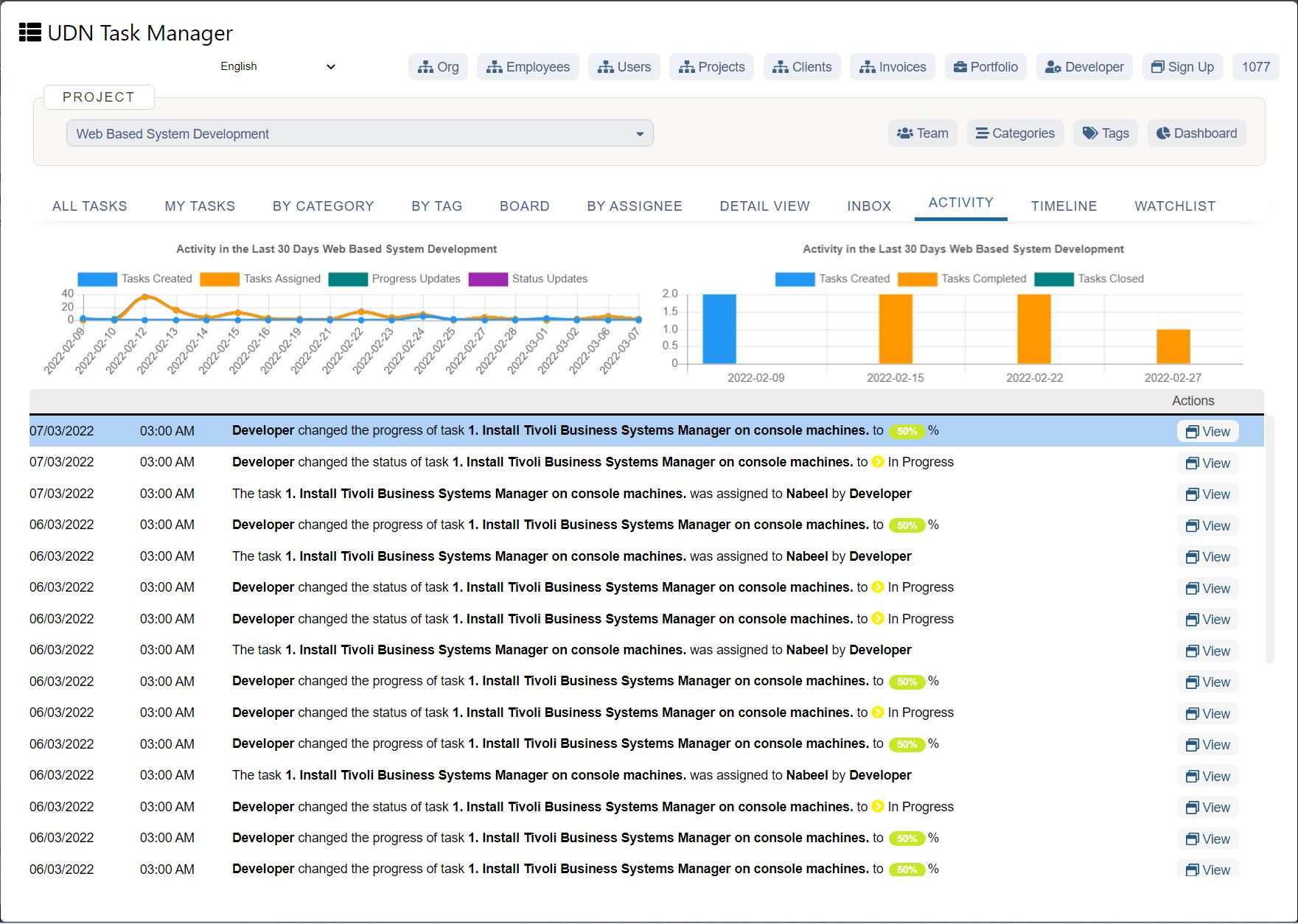
The second level of agile planning is planning the roadmap . The level focuses on strategizing ways to achieve the vision laid out in the first level. In this step agile team members identify a roadmap that lists all the details of the plan.
Roadmap highlights milestones to be achieved and defines the steps following which the organization will move closer to its goal. Team members when and how the project will move towards completion.
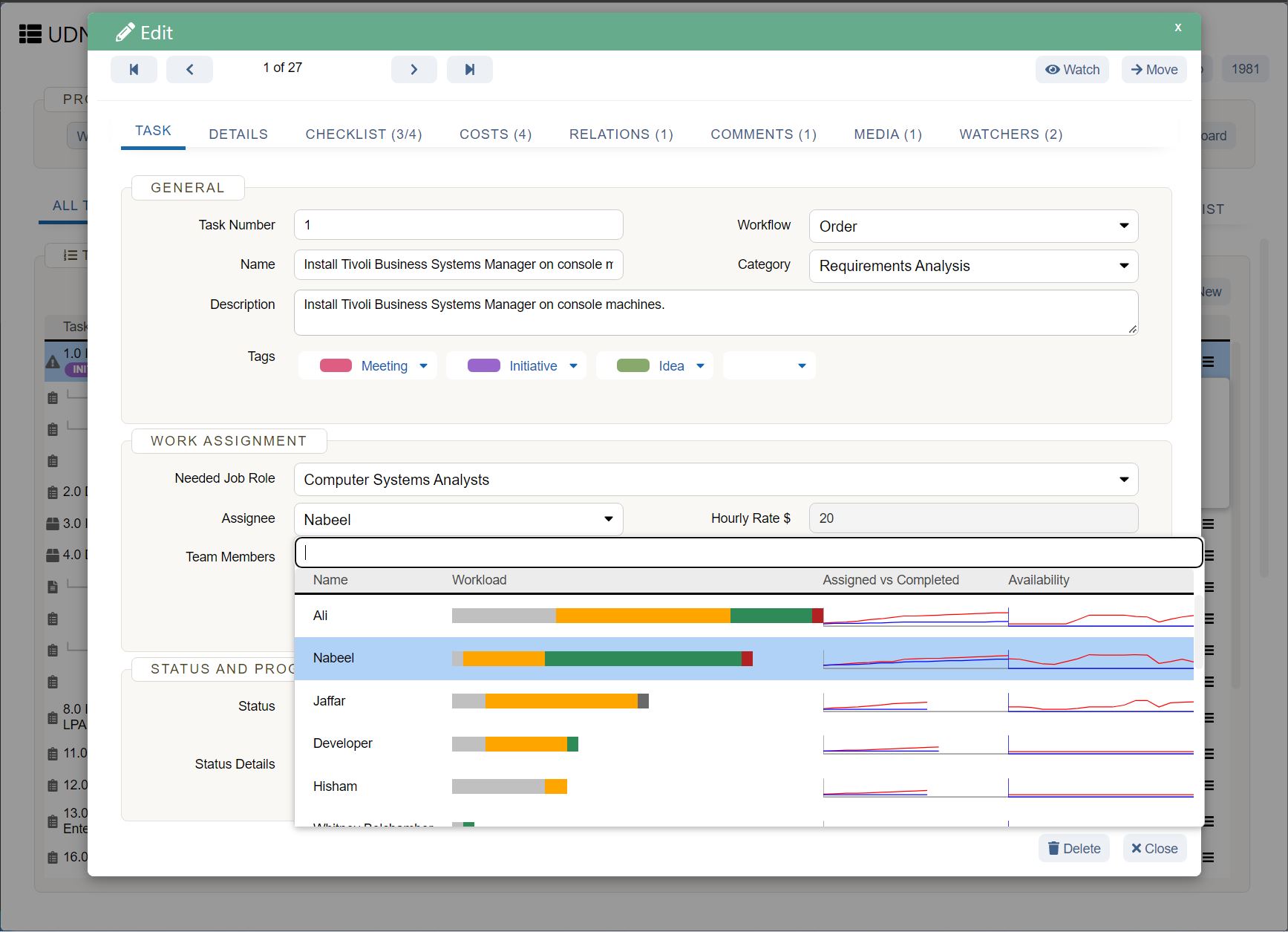
A release plan is the third level of the agile development plan. Agile release planning identifies how much of the project will be delivered to the customer on the specified deadline.
At this level, the personnel of the company works together to plan the release of deliverables. The members involved in this phase include scrum master (the one who facilitates the meeting), the owner of the product (who shares the product backlog), agile team members (provide valuable insights into technical dependencies and feasibility), and lastly, stakeholders.
The goal in agile release planning is to produce a backlog of the work and plan future releases.

What is iteration planning in agile? Iteration planning is the 4 level of agile planning where all the teams involved in the process start to come together and plan iterations or sprints.
Agile teams plan sprints via agile sprint planning. An iteration or sprint is a specific time period during which changes are implemented in a project. The team members plan for the upcoming 1-4 weeks.
Companies hold a meeting for agile sprint planning . In this meeting, the team members determine the volume of backlogs they can produce during the next iteration.
What is vision planning in agile? Vision planning in agile allows a team to visualize the process and identify the steps for better results in the future.
The team creates development iterations keeping in mind the product roadmap. To make sure that the project flows smoothly, companies organize sessions to evaluate performance at the end and start of each iteration.
To understand what is iteration planning in agile in detail, let us take a look at the step-by-step process of iterative planning.
To make sure that your sprints are planned to perfection and there are no hiccups, you have to consider the capacity and velocity of your team members.
i. Capacity: Capacity refers to the capability of your team to complete a sprint. You evaluate the performance of each team member and determine how much he/she can achieve. you have to take into account the possible hindrances that might affect the working of your team members such as illness, training, workshops, etc.
ii. Velocity: Generally, velocity is the ratio of displacement over time. It determines the rate at which an object moves towards its destination. Similarly, velocity in project planning is a measure of how much your team can achieve in a given time limit.
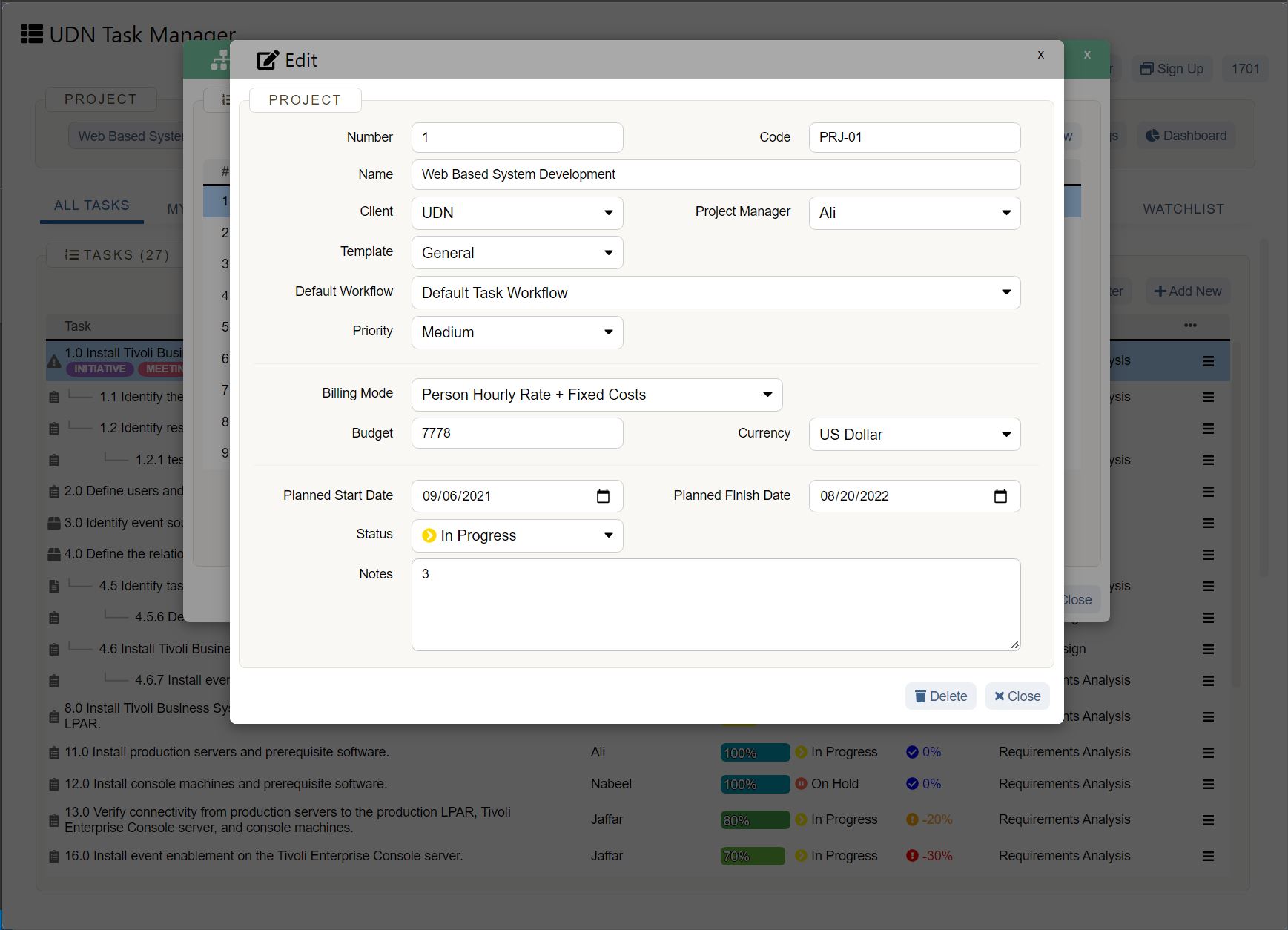
The daily standup is the last level of Agile planning. At this level team members gather together and discuss the schedule for the next day, their achievements for the day before, and evaluate problems if any.
Teams get together and communicate their role in the accomplishment of the iterations. It is a face-to-face session of 15-30 minutes where team members discuss their progress.
All team members can participate and voice their concerns for the next iteration, explain their input in the process, or share the things they have to do.
Scaling Agile Planning
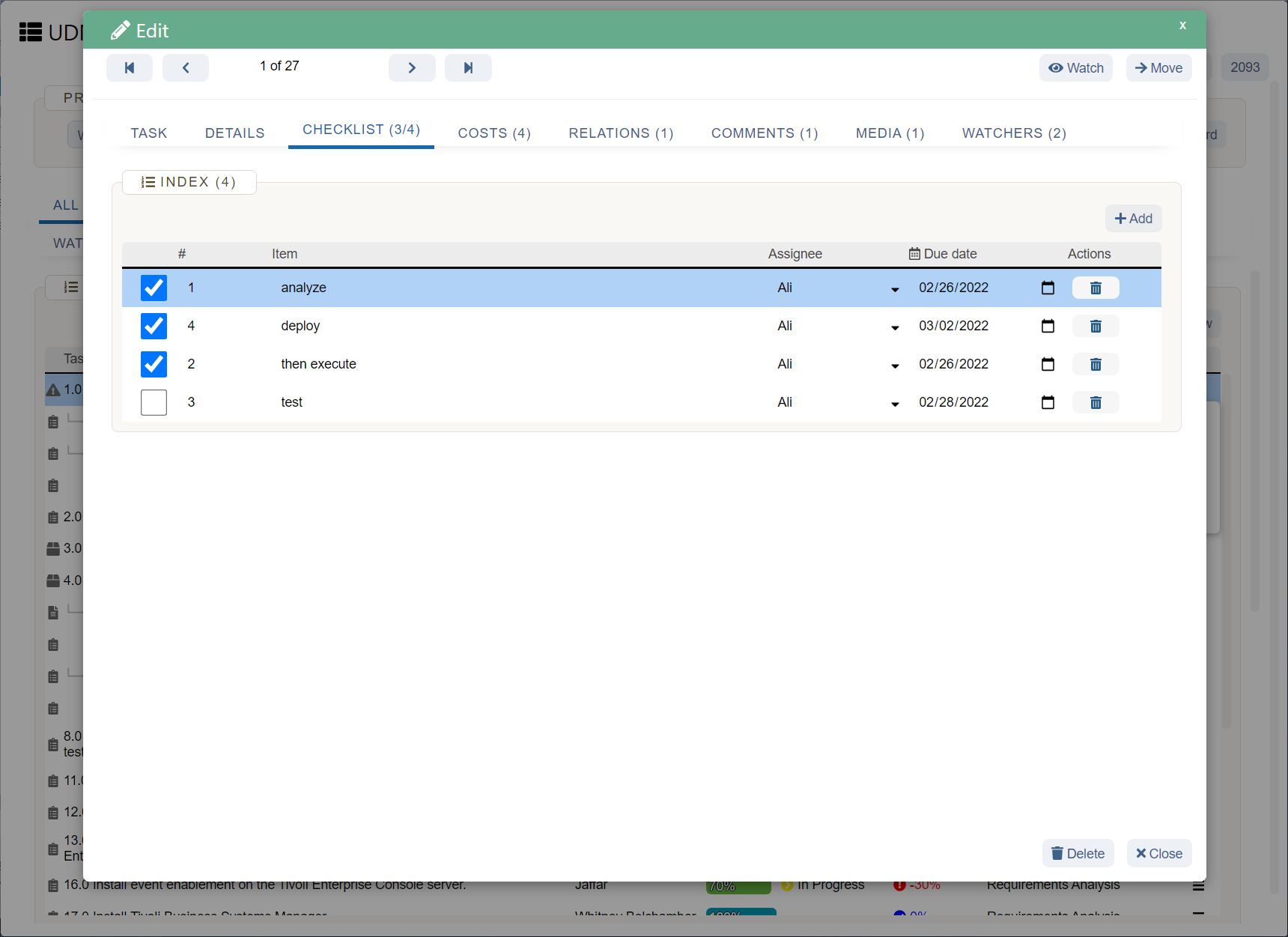
According to a research titled ‘Scaling Agile Processes: Five Levels of Planning’ by Hubert Smits, the typical time limit for each level is as follows:
Project Management Software For Agile Planning
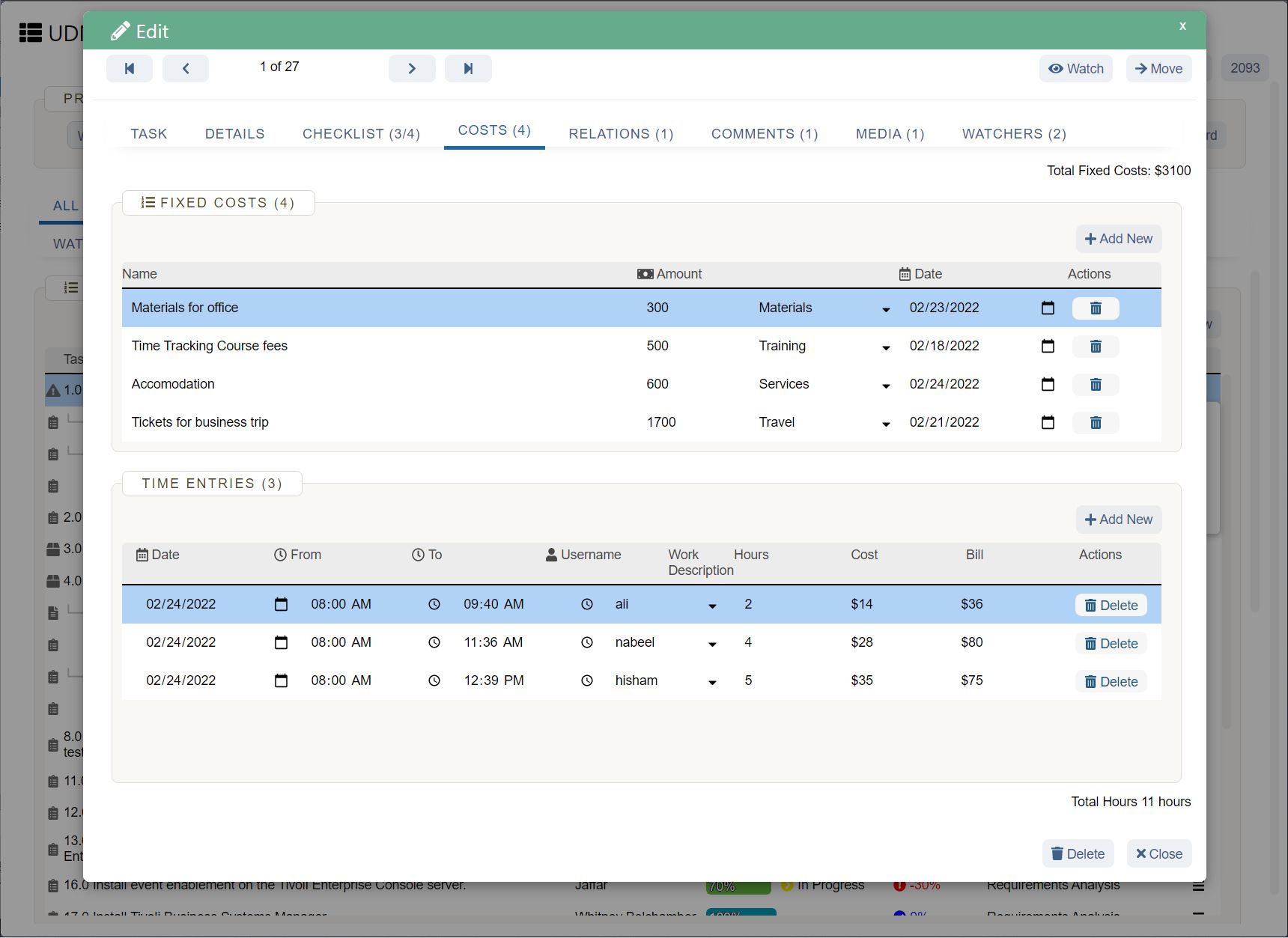
If you are looking for ways to accurately utilize the agile methodology of planning, then you can take help from a popular project management software.
There are hundreds of software that offer competitive features for agile planning, tens of others are released every year. Among these tools, one of the most competent and efficient agile planning tools is UDN Task Manager .
UDN Task Manager is an efficient project management tool that utilizes agile planning to help PMs achieve their targets and efficiently complete their projects.
Some of the most baggable features of UDN Task Manager include:
On top of all these features, UDN Task Manager offers affordable pricing. So no matter if you are a freelancer, a small team, or an enterprise, you can avail the benefits of UDN Task Manager at an inexpensive price .
Conclusion
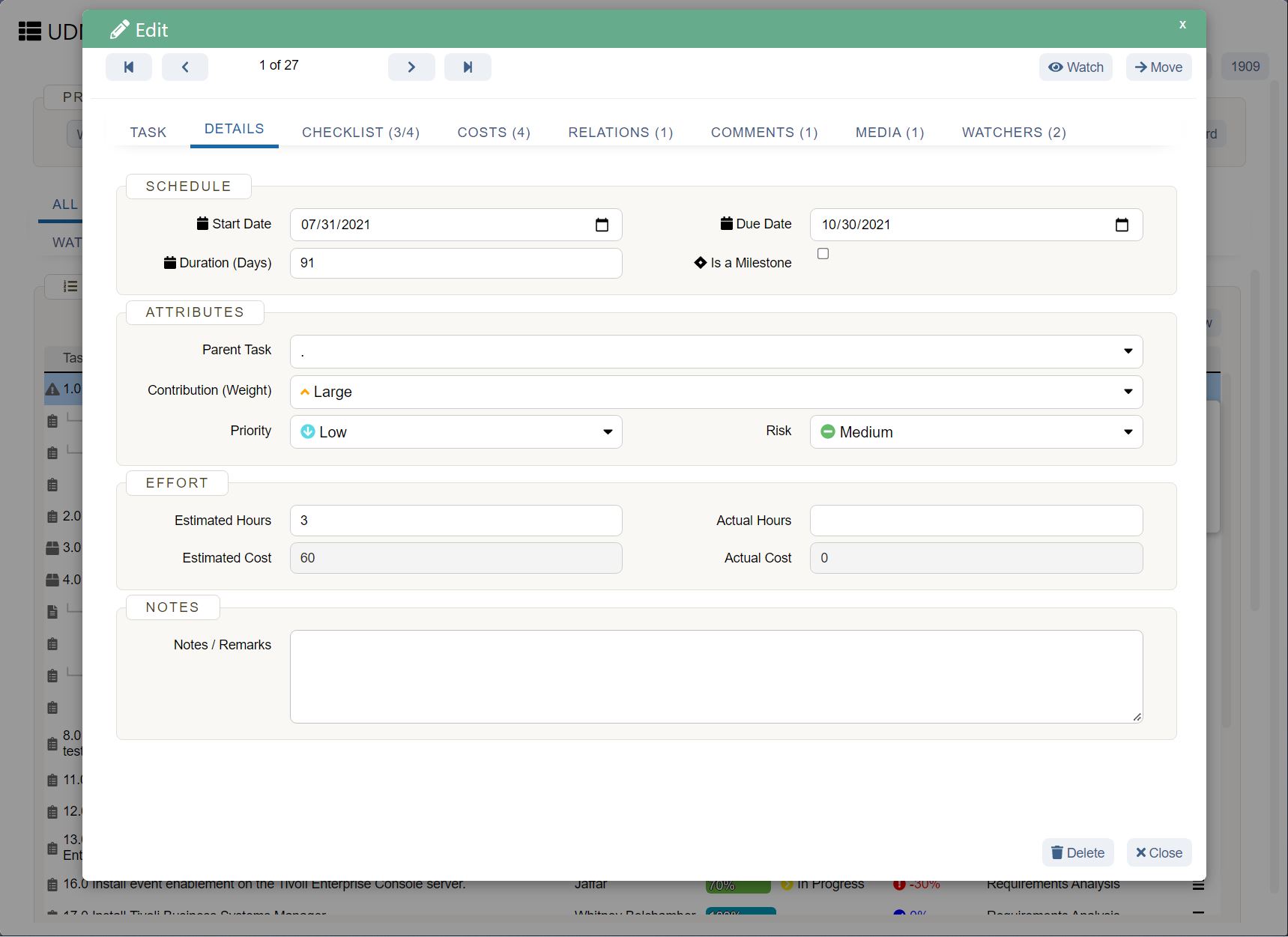
All in all, agile planning is an efficient way of increasing the productivity of your team. It offers more flexibility by helping teams interact with one another. Moreover, it also helps executives collaborate with team members.
If you are looking for a tool to help you in Agile planning, then UDN Task Manager can be your one-stop-shop for all the features. You can not only enjoy the perks of various features at a ridiculously inexpensive price.
UDN Task Manager allows you to plan efficiently so that you can ensure your success.
Sign-up to UDN Task Manager now and enjoy!











